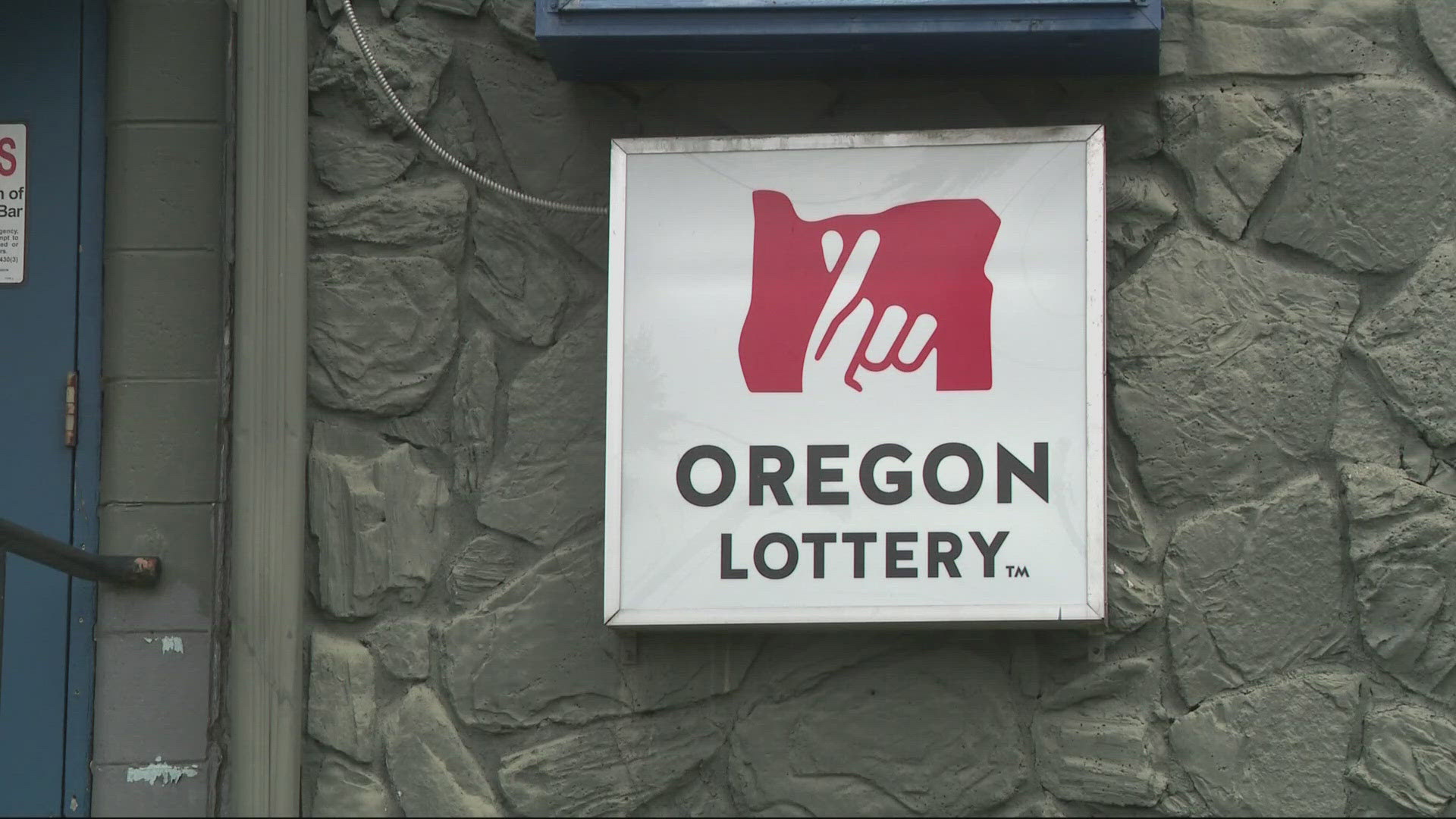PORTLAND, Ore. — A viewer called KGW this week to report receiving a suspicious text that claimed to be from Cheng Saephan, the Oregon resident who, together with a friend, won a $1.3 billion Powerball jackpot prize last month.
According to the viewer, the message claimed that Saephan was giving away his winnings and asked for the text recipient to reply with information in order to receive a cut.
A news release from the Oregon Lottery included a more specific description: the text claimed that Saephan would donate his winnings to 10 people chosen at random, and asked recipients to call a phone number to claim the money.
THE QUESTION
Are texts that claim to be from Cheng Saephan offering a cut of his lottery winnings legitimate?
THE SOURCES
THE ANSWER
No, the texts are not legitimate. They are a scam to try to steal money from the recipients. Anyone who receives one should not call the number or reply to the text.
WHAT WE FOUND
Scam or phishing text messages are a widespread problem, aiming to trick recipients into giving the sender money or providing them with personal information that could be used to gain access to the victim's bank account.
The Federal Trade Commission (FTC) webpage on scam texts lists several examples of the kind of fake offers or fake identities that scammers will present to try to trick people into replying, such as promising money, sending fake invoices or posing as a bank or government authority.
RELATED: No, the IRS is not sending emails to taxpayers about a third round of economic impact payments
That list can also include lottery jackpot winners; scammers will often try to impersonate recent winners and send texts offering to donate or distribute part of their winnings if the recipient replies to provide information.
The phenomenon has been reported in many news stories in recent years, typically following very large jackpot wins that made news headlines, although even smaller-scale winners have been impersonated; a 2021 story from KTVZ reported that scammers were impersonating a $1 million winner from Bend in posts on social media.
The Oregon Lottery's news release warned that the messages claiming to be from Cheng Saephan are fake, and urged Oregonians to watch out for similar scams and phishing attempts. The agency stressed that it will never ask anyone to pay a fee to access their winnings.
"Some common warning signs of phishing scams include receiving an unsolicited message with a sense of urgency or a request for personal information," Oregon Lottery Assistant Director of Security Justin Hedlund said in a statement. "We expect there may be other scams out there trying to leverage the Powerball winner’s story, and it’s a red flag if something seems too good to be true."
The lottery urged anyone who thinks they may be the victim of a scam to report it to the FBI. Suspicious text messages can also be reported by forwarding them to to SPAM (7726), which helps cellphone service providers weed out similar scam texts, according to the FTC. The texts can also be reported to the FTC online.

